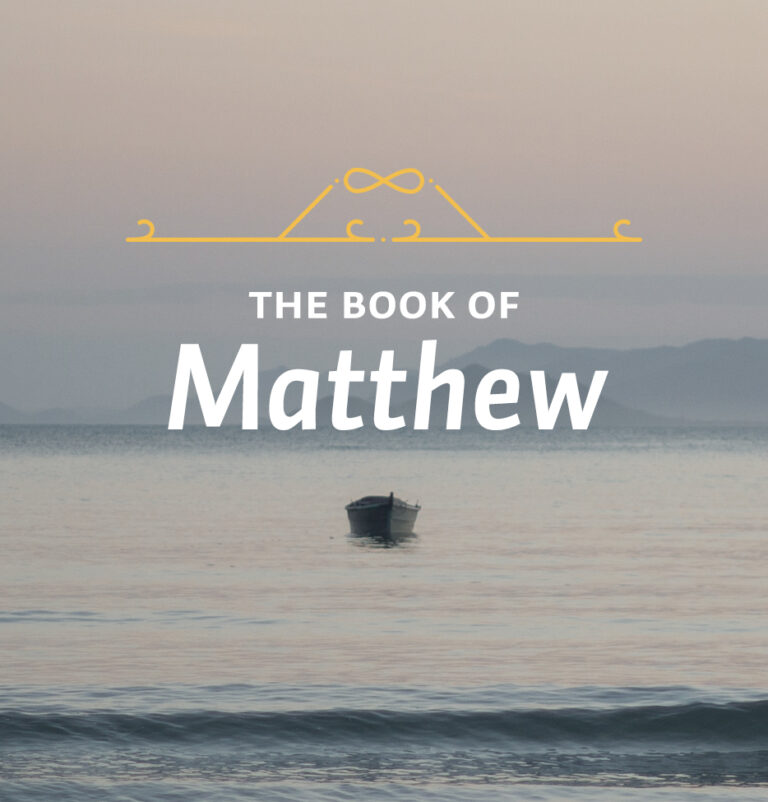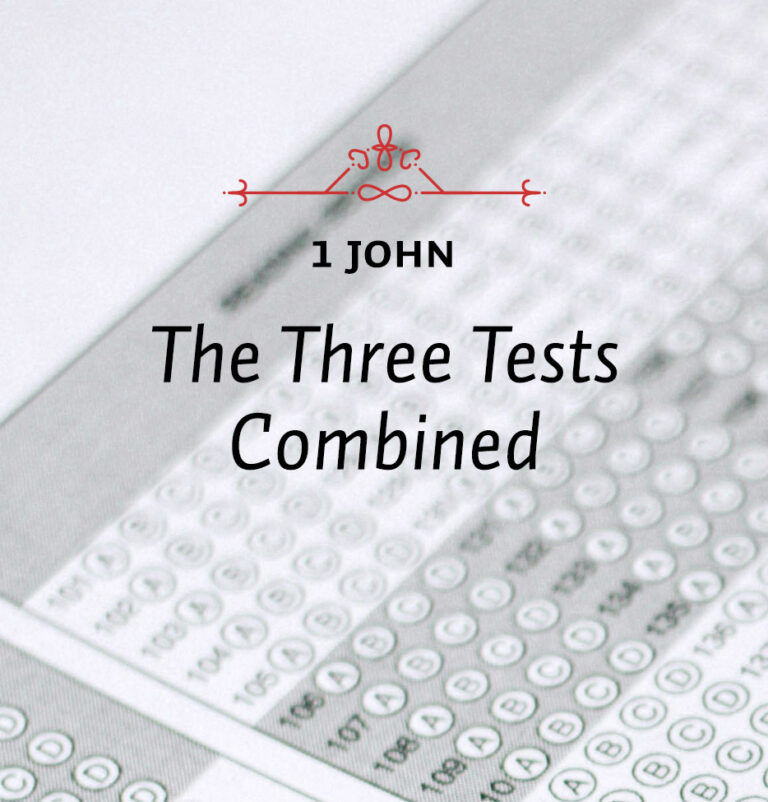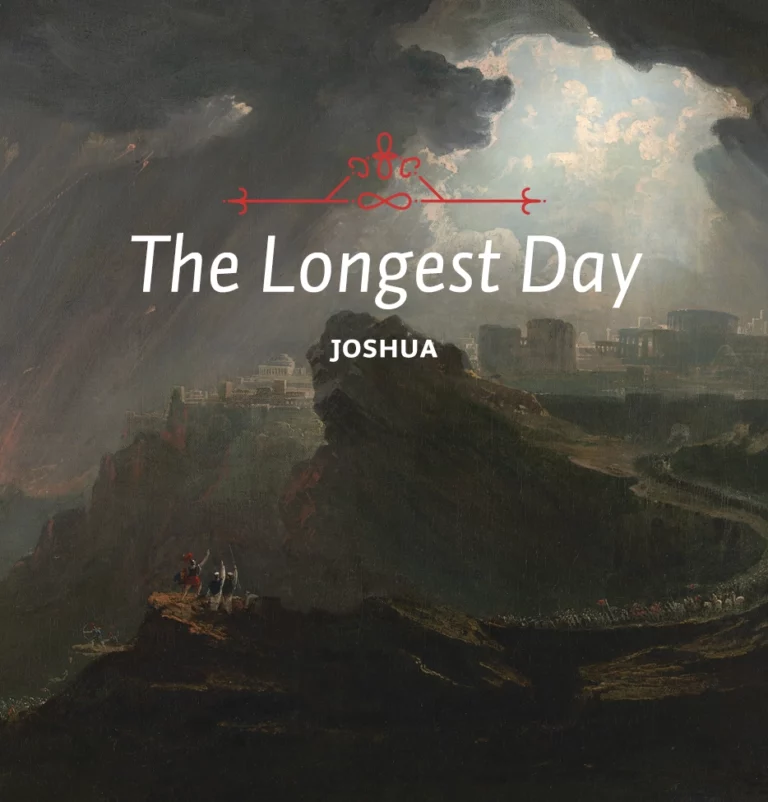By this time, the battle had gone on for some time. The sun was passing through the sky and perhaps was soon to set over the Mediterranean to his right. He must have recognized as soon as he looked up and saw the sun that he didn’t have enough time to achieve the kind of victory that the military situation presented. So Joshua did an utterly unprecedented thing. He prayed openly in the presence of Israel, “Sun, stand still over Gibeon, and moon, over the Valley of Adullam.” The next verse, verse 13 says, “So the sun stood still. And the moon stopped till the nation avenged itself on its enemies.” And the text goes on to say, “There has never been a day like it before or since, a day when the Lord listened to a man, for the Lord fought for Israel.”







